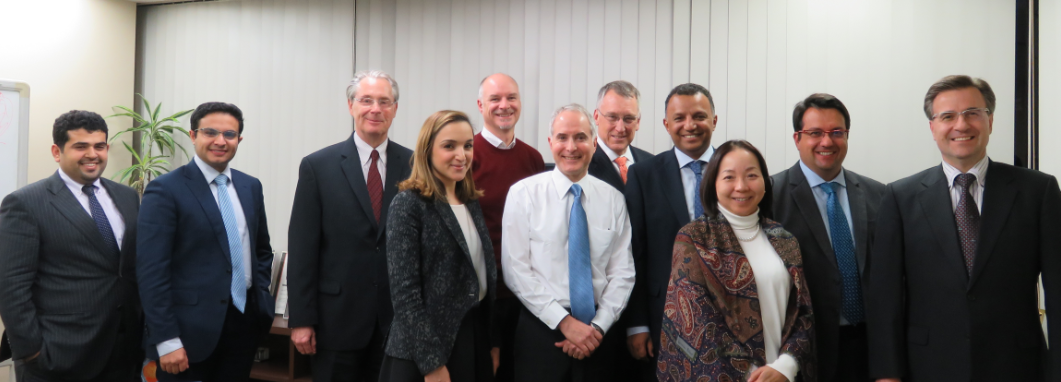”…Based upon the data collected from the first global survey to capture the voice of cyber security professionals on the state of their profession, this final report of the two-part series, titled “Through the Eyes of Cyber Security Professionals: Annual Research Report (Part II),” concludes:
- The clear majority (92%) believe that an average organization is vulnerable to some type of cyber-attack or data breach.
- People and organizational issues contribute to the onslaught of security incidents.
- Most organizations are feeling the effect of the global cyber security skills shortage.
- Cyber security professionals have several suggestions to help improve the current situation.
- Sixty-two percent (62%) believe critical infrastructure is very vulnerable to cyber-attacks.
- Sixty-six percent (66%) believe government cyber security strategy tends to be incoherent and incomplete.
- Eighty-nine percent (89%) of cyber security professionals want more help from their governments


